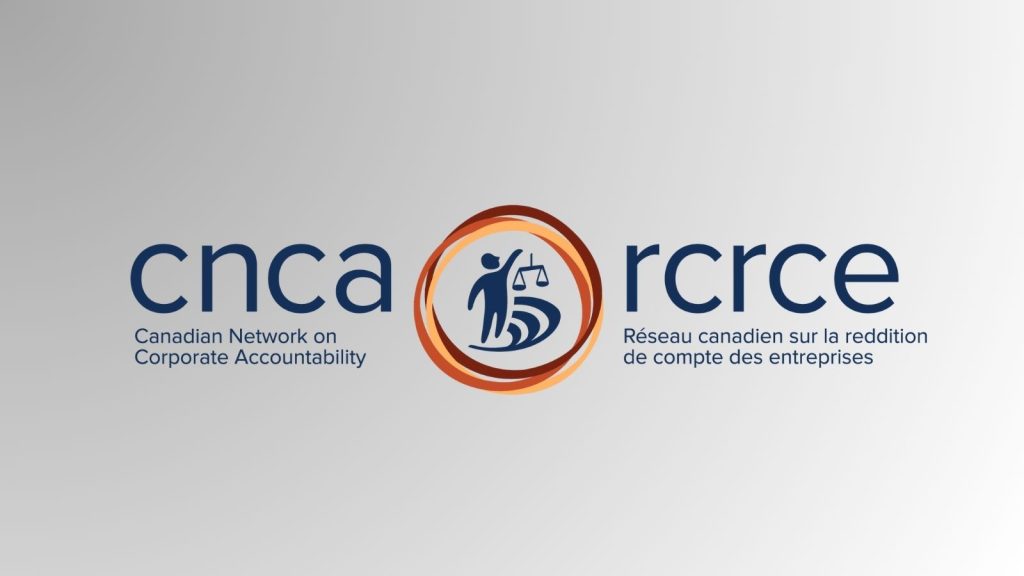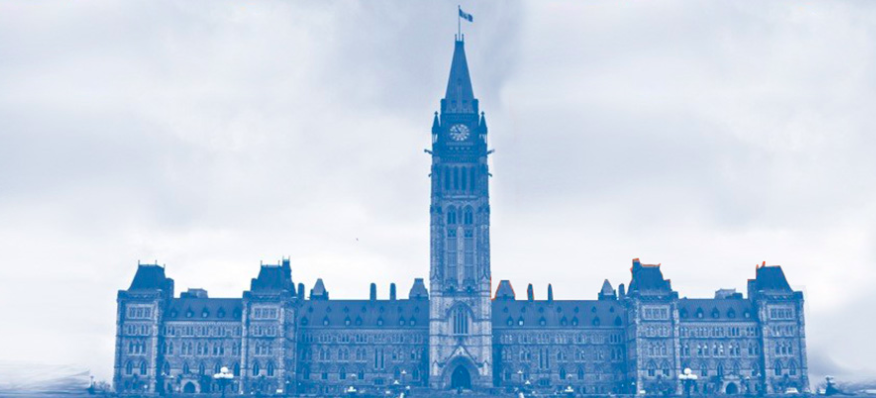On 20 February 2023, the CNCA submitted the following letter to the CIIT, along with Commentary on Bill S-211 from Professor Penelope Simons, and with the CNCA’s Submission to the Standing Committee on Foreign Affairs and International Development’s study of Bill S-211 (November 2022).
To the members of the Standing Committee on International Trade,
I am writing to you on behalf of the 40 members of the Canadian Network on Corporate Accountability (CNCA). We urge you to take immediate action to prevent serious human rights violations and environmental damage from continuing in the global operations of Canadian mining companies.
We would also like to call your attention to our network’s position that the current draft of Bill S-211 (Fighting Against Forced Labour and Child Labour in Supply Chains Act) would not help address abuses linked to Canadian mining companies operating abroad. Instead, the bill would do more harm than good, especially if its proponents exaggerate the bill’s obligations for companies. Attached you will find commentary from Penelope Simons, University of Ottawa law professor and Gordon F. Henderson Chair in Human Rights, affirming that, contrary to what was stated at committee, Bill S-211 would neither require companies to examine their supply chains nor ensure that there is no forced labour in their supply chains. Attached is a more detailed brief that we prepared for the Foreign Affairs and International Development Committee’s study of Bill S-211.
Below is a high-level summary of our concerns and proposals.
1. Canadian mining firms are linked to serious human rights abuse and environmental damage worldwide. It is urgent that Canada take action.
Canadian mining companies operating abroad are linked to serious human rights violations and environmental damage around the world. For example, there are well-documented allegations of serious bodily harm, death and gang rape linked to security personnel and/or police at Canadian mines in Tanzania, Papua New Guinea and Guatemala. Additional examples can be found in this CNCA brief to the office of the Minister of International Trade; this brief from the Justice and Corporate Accountability Project to the UN Working Group on Business and Human Rights; and the submission from MiningWatch Canada to this CIIT study.
Canada does not have adequate measures to prevent these harms from occurring or to help ensure that victims can access remedy and hold companies to account. For a detailed list of CNCA’s policy recommendations, please consult our submission to the 2020 review of Canada’s CSR Strategy. Our position on the CORE is summarized in this brief to the SDIR subcommittee. Challenges in accessing basic information about Canadian government support to companies accused of abuse is highlighted in this brief on Imai v Canada (Goldcorp). Examples of Crown corporation EDC’s financing of companies linked to abuse are here.
2. This issue matters to Canadians and the international community
Canada’s failure to effectively regulate companies, investigate harms and ensure access to remedy for victims is damaging to our global reputation and an impediment to fulfilling our international human rights commitments. This failure has attracted the attention of UN and regional human rights bodies, [1] communities and workers from around the world, [2] and Canadians from across the country. [3]
With more and more countries implementing mandatory human rights and environmental due diligence laws, Canada is falling further behind. Furthermore, Canadian businesses will not benefit from reduced reputational risk and the level playing field that accompanies effective regulation, such as that advanced in France, Germany and the Netherlands. This map and comparative table shows the scope of European momentum.
3. Canada needs comprehensive measures for tackling corporate abuse
A robust response to Canadian mining abuse abroad would be legislation that:
- requires companies to prevent human rights violations and undertake due diligence;
- helps impacted people and workers access remedy; and
- applies to all human rights in recognition of the fact that human rights are indivisible, interdependent and interrelated.
Thank you for your time and consideration. We remain available for any further consultation or information required. We reiterate our offer to connect Committee members with directly impacted people around the world.
Emily Dwyer, Policy Director, Canadian Network on Corporate Accountability
NOTES
-
- Including the UN Working Group on Business and Human Rights, the UN Committees on the Elimination of All Forms of Racial Discrimination and the Elimination of Discrimination Against Women, the UN Human Rights Committee, the International Committee on IESCR and the Inter-American Human Rights Commission. See here for more information.
-
- For example, this letter from 240 signatories from 56 countries.
-
- Over 500,000 postcards were sent to members of Parliament in 2009 to call for accountability for Canadian mining companies engaged in abuses overseas. Over 80,000 signed action cards calling for an ombudsperson for the overseas extractive sector were delivered to MPs at a rally on Parliament Hill in 2014. Tens of thousands of other Canadians have joined the Open for Justice campaign through petitions, letter writing and meet-your-MP events organized by CNCA members across the country. Most recently, CNCA member Development and Peace has collected 28,000 signatures in its people and planet first campaign.




